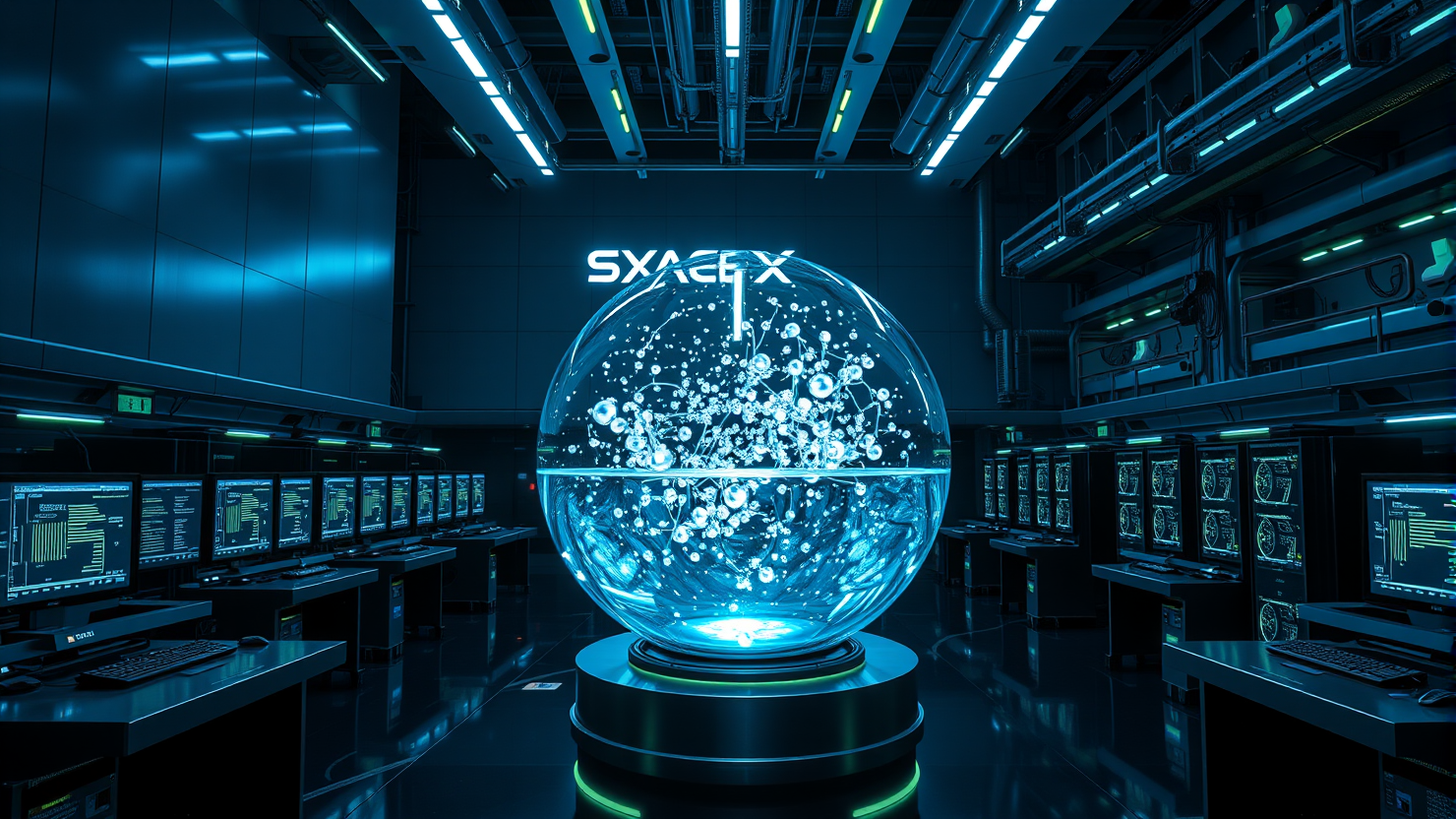OpenAI’s GPT-5 Launch Sparks Controversy: Users Lament Disruptions, Call for Access to Older Models

Following weeks of anticipation, OpenAI announced the release of its latest AI model, GPT-5, last week. CEO Sam Altman promised that the new model would offer “legitimate PhD-level” expertise, but the rollout was met with backlash from users due to disruptions in their workflows and mental health concerns.
In response to the criticism, OpenAI reintroduced the model picker, making GPT-4o available again. Initially, access was limited to Pro users paying $200 per month, but it has now been extended to Plus users at a lower cost of $20 per month. Some users called for universal access, but free users are still not eligible.
The longevity of this access remains unclear, with Altman tweeting on Friday that OpenAI will monitor usage and decide how long to offer legacy models based on demand.
GPT-5 has also faced criticism for being perceived as “sterile” and lacking the warmth of previous iterations. it has been reported several drawbacks compared to its predecessors, including GPT-5’s inability to correctly identify the number of times ‘B’ appears in the word ‘blueberry’. In a Reddit Q&A session, Altman acknowledged that GPT-5 seems “way dumber” than expected but promised improvements.
The sentiment around GPT-5 seemed to take Altman by surprise, stating that it makes him uncomfortable to envision a future where people trust ChatGPT’s advice for critical decisions. However, he remains optimistic about the future, citing improved technology for measuring performance as a reason for confidence in their ability to get it right.
While nostalgia for older chatbots may be a recent phenomenon, it appears to be growing. Earlier this week, roughly 200 AI enthusiasts held a funeral for Anthropic’s Claude 3 Sonnet, according to Wired, though many attendees were affiliated with the company.





